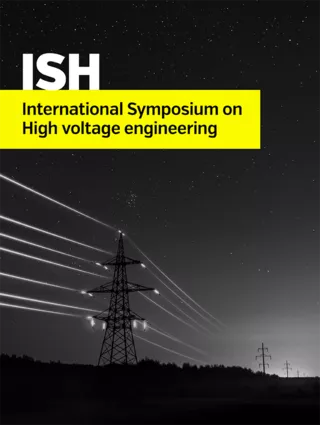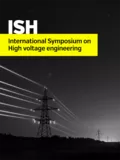Summary
In AC High Voltage tests, a step up transformer is used to generate a high voltage. The transformer‘s core non-linearity increases the total harmonics distortions (THD) of the test voltage source signal by generating an extra undesired harmonics. The compensation of the mentioned non-linearity is significant to increase the test quality and to fulfil the standards limit, that can be achieved by generating intended harmonics with the same amplitudes of the undesired one but with 180 degree phase shift. This can be achieved by a characterisation of a Static Frequency Converter which is based on a new driven adequate switching algorithm. The new algorithm (Enhanced Unipolar Pulse Width Modulation) is modelled using Matlab and implemented in a digital signal processor, which is controlling a single phase H-bridge Converter. The new switching algorithm model and the converter system have been validated through simulations and experimental investigations. The system is successfully compensating the non-linearity of the transformer's core, where the THD of the test source signal after the compensation is roughly 0.5% .
Additional informations
| Publication type | ISH Collection |
|---|---|
| Reference | ISH2015_90 |
| Publication year | |
| Publisher | ISH |
| File size | 2 MB |
| Price for non member | Free |
| Price for member | Free |
Authors
Alzatari Mazen, Hirsch Holger




